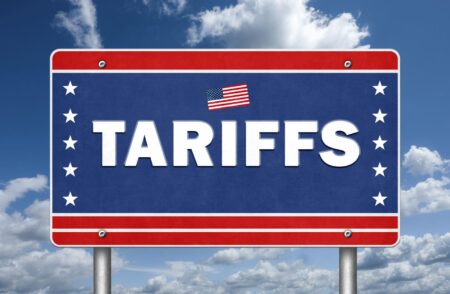Cory Albert is president of Cory Albert Real Estate.
Investing in real estate can be a powerful way to build wealth, but how you finance your investment can make a huge difference. For anyone considering multi-family properties in Canada, understanding how banks assess these properties compared to smaller residential buildings is crucial.
When financing a small residential property, banks evaluate your personal financial situation—your income, debt obligations and personal debt coverage ratio—before deciding how much they’re willing to lend you. This approach can quickly become a limiting factor. Once you own a couple of buildings, your debt coverage ratio may be too high, which makes it difficult to secure additional loans no matter how profitable your investments are.
Multi-family properties, defined as five or more units, are treated differently. Instead of focusing on the buyer’s personal finances, banks evaluate the revenue and financial performance of the property itself based on three key factors:
- Purchase Price: What you agreed to pay for the property.
- Market Value: An independent appraiser’s assessment of what the building is worth in the current market.
- Economic Value: A mathematical calculation based on rental income, interest rates, amortization period and other financial metrics.
Here’s where it gets interesting: Banks lend based on the lowest of these three values. This means the down payment required could easily be more than the 25% you might expect.
Increasing Property Value For Long-Term Growth
Since banks look at the revenue potential of a multi-family building, smart investors will focus on increasing its economic and market value. Think of a multi-family property like a business: When it generates more profit, it becomes more valuable.
How do you boost your building’s financial performance? One way is to reduce expenses. For example, converting utilities such as electricity or heating to tenant responsibility can lower costs without raising rents, improving the building’s net operating income.
Increasing revenue is another approach. Simple changes—like adding Wi-Fi services, installing energy-efficient heat pumps or allowing pets—can justify higher rents or attract long-term tenants. Of course, this should all be done with ethical standards in mind, so that both profitability and tenant satisfaction stay high.
Strategic Recommendations
Investing in multi-family properties comes with challenges. One major hurdle is the high down payment required, especially when the bank’s economic value calculation is significantly lower than the purchase price. The best way to deal with this is by finding properties whose economic value aligns closely with their market value. Negotiating better purchase prices can help, of course.
Another challenge is managing a larger number of tenants. A building with six, 10 or 20 units requires more oversight than a smaller residential property. Investors who are new to multi-family properties should consider working with experienced property managers or seek guidance from others who have already navigated the process successfully.
Other Considerations
Multi-family real estate in Canada brings specific legal and tax factors that can affect profitability. It’s important to follow provincial zoning laws, building codes and tenant regulations to avoid fines or legal issues. On the tax side, multi-family buildings are often classified as commercial real estate, which can affect depreciation and how rental income is taxed, depending on whether the property is owned personally or through a corporation.
On the positive side, financing options like those offered by the Canada Mortgage and Housing Corporation often come with lower interest rates and higher loan-to-value ratios, reducing upfront capital requirements.
Multi-family real estate offers a powerful way to scale your portfolio, but it requires a different mindset and investment strategy compared to smaller residential properties. The key is treating these properties as businesses—because that’s exactly what they are.
Forbes Business Council is the foremost growth and networking organization for business owners and leaders. Do I qualify?
Read the full article here











